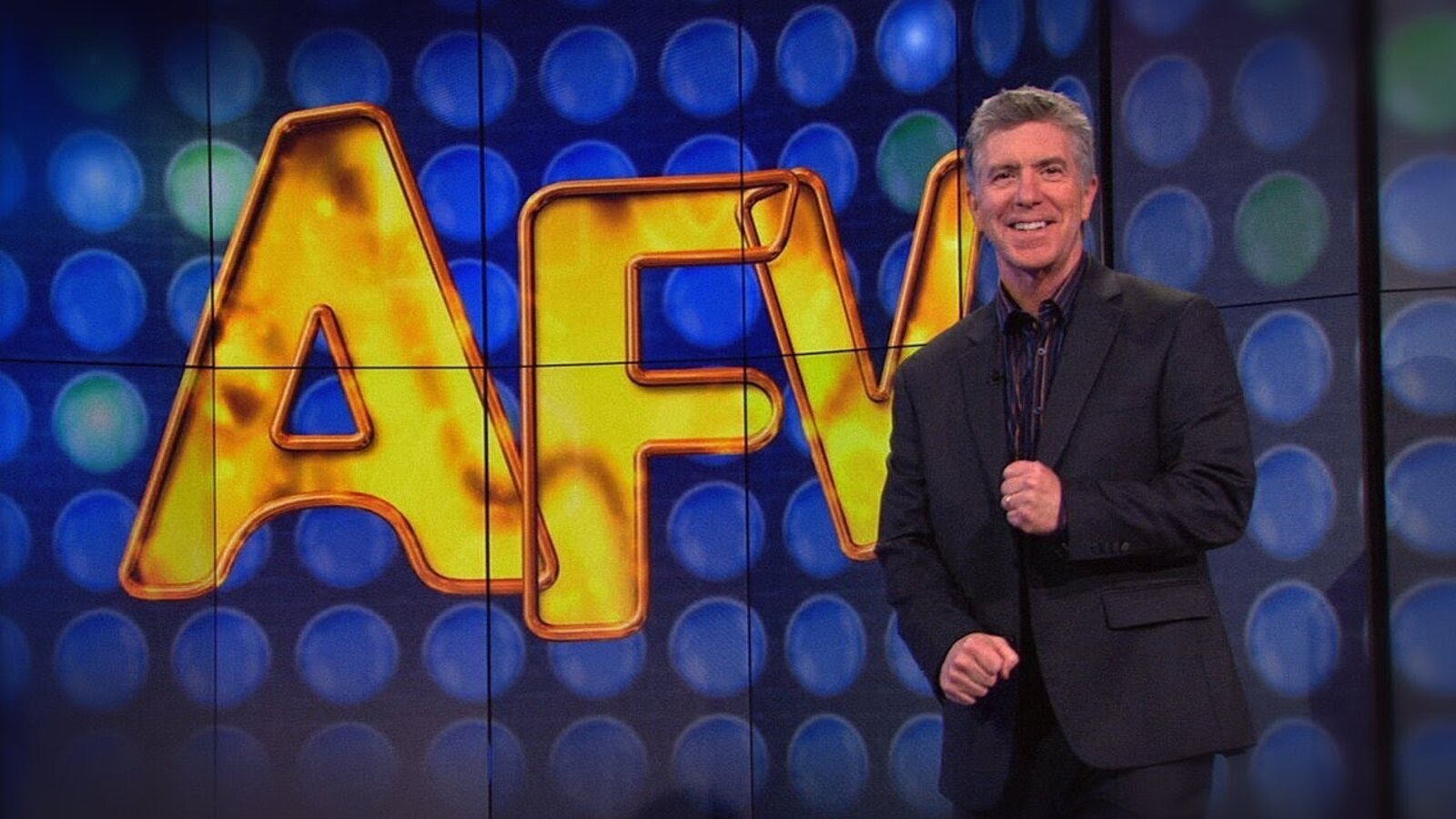
‘America’s Funniest Home Videos’ toxic? Inside the workplace allegations
ABC’s America’s Funniest Home Videos provides lots of laughs & giggles for the whole family by showing home movies of people or animals getting into funny, wholesome mishaps. However, the production company, Vin Di Bona Productions, has faced a slew of allegations, including racism & sexual harassment.
Vin Di Bona Productions has faced numerous complaints, but many of the offenders have been allowed to keep their jobs, even after the production company made an alleged investigation. Three women recently talked to The Hollywood Reporter and told their stories about their experience with the company. Here is more information on what they had to say.

Tunisha Singleton
Singleton was hired by Vin Di Bona Productions in April 2017 and was later promoted to senior manager of digital partnerships and business development. However, problems arose at a comedy event hosted by a female supervisor.
The supervisor “decided to call me a crack whore and told me to stop doing blow in the bathroom and that I would never produce anything, that I should just stop, and I wasn’t going to amount to anything,” Singleton told The Hollywood Reporter. “And she said that on the microphone in front of everyone, including the new people that I had never met before, who just all kind of looked around like, ‘What the hell? Is she serious?’”
This was not the first time Singleton felt uncomfortable at Vin Di Bona. Throughout the year, Singleton claimed to have experienced multiple incidents of casual racism, including comments about her hair and being ridiculed for not having seen Black Panther. Singleton was fired shortly after the comedy event.

Columbia Crandell’s story
On May 14, 2018, Crandell was sitting in the bullpen, the area where young staffers browse through clips that could appear on AFHV, when the VP of business development and strategy Philip Shafran invited her to check out the latest Oculus Rift Virtual Reality headset. Crandell accepted the invitation and went back to Shafran’s office.
Crandell said that Shafran suggested that she “might scream” while using the headset and shut the door, which made Crandell uncomfortable. Shafran told her to stand by his desk while using the headset. Shafran then allegedly moved up from his desk and stood behind Crandell.
“I started to panic at that point, and I knew something was really wrong. So in one motion, I took the headset off and turned to face him and said, ‘I’m motion sick. I’m done.’ And he had his phone out and he was holding it by his waist, angling it downward,” Crandell told The Hollywood Reporter.

“My first thought was, ‘He’s trying to take a picture up my skirt.’ I made eye contact, and he looked scared, ran back to his desk, and threw his phone onto the desk, face down.”
Crandell then scheduled a meeting with Lisa Black, VP of business development who told Crandell she would set up an investigation. Crandell informed Black she even felt uncomfortable being in the line of sight of Shafran’s office. Crandell was moved away from her team and had her employee status reduced from salaried to hourly without her knowledge.
Crandell, unsatisfied with the investigation, filed a report with the LAPD in July 2018. Crandell’s allegations against Shafran are considered an invasion of privacy but Crandell’s attorney, Barbara Cowan, argued they qualify under sexual assault, according to the penal code.

Jessica Morse
Morse worked on the same team as Crandell and is also involved in the lawsuit with Crandell & Singleton. She had already seen warning signs at the production company after the events surrounding Singleton. Morse said she was outraged by what happened with Crandell because she was told Crandell took time off because a piece of glass went in her eye from the Oculus headset.
Morse told Black that she couldn’t work with Shafran anymore after what she had been told. Morse said that Black allegedly told her, “If you say something about someone and it turns out not to be true, you can be legally responsible.” Morse said this was an attempt to silence survivors and soon typed up her resignation and gave her two weeks notice. Crandell did the same shortly after she found out what happened.

What happened after
Shafran was promoted two months after Crandell and Morse left. However, when the three women filed a lawsuit in 2019, Shafran was put on administrative leave. Vin Di Bona Productions issued a statement to The Hollywood Reporter about these women’s claims.
“The company retained an external expert, followed recommended protocols, and conducted a thorough investigation. That process revealed no evidence of wrongdoing at the time,” Vin Di Bona said in their statement. “Ultimately, out of consideration for the well-being of all concerned, Phil Shafron [sic] was removed from the work environment and has not returned since that time.”
Shortly after the incident in Shafran’s office in 2018, Vin Di Bona was asked by the Screen Actor’s Guild to give a presentation on how employers should react to the #MeToo movement and how they could provide a non-hostile, safe work environment.
—
The three women have found other jobs since they left Vin Di Bona Productions, but are still waiting for a resolution in their lawsuit. Black still holds a top position at the production company.







